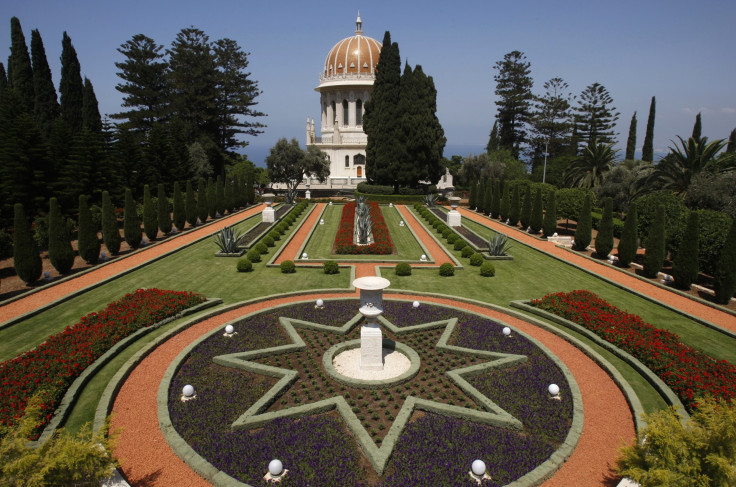What Is World Religion Day 2016? International Holiday Celebrates Human Unity, Shared Religious Values

Sunday marks the 66th World Religion Day, a time to celebrate human unity and shared religious values. The day was established by the Baha’i community in the United States in 1950 to help foster interfaith dialogue and improve understanding among the world's religions. Activities for World Religion Day begin at sunset the day before, and the date falls each year on the third Sunday of January.
The Baha’i religion began in Persia in the 19th century, and adherents believe in the unity of God, humans and religious faiths. Proponents of the faith revere prophets of other religious traditions, including Abraham, Moses, Buddha, Jesus and Muhammad. They believe in a final messenger, Bahá’u’lláh, who taught that religions originated from the same source, and were ultimately different paths to a shared belief.
“World Religion Day: Celebrating our Unity” by Saphira @Rameshfar of #NYC #Bahai community: https://t.co/rMzTCjrbRD pic.twitter.com/jaKWTCaOQx
— Interfaith Center NY (@ICNY) January 7, 2016Rothwell Polk, an interfaith activist, wrote in the Huffington Post on World Religion Day several years ago: “The family reunion we celebrate today is World Religion Day, established by the Baha'is of the United States in 1950 to call attention to the essential oneness of the world's religions. As the Baha'i writings state, ‘the gift of God to this enlightened age is the knowledge of the oneness of mankind and of the fundamental oneness of religion'.”
"Members say it's an effort to bring people of different backgrounds together and give a presentation of what... https://t.co/rqNQJZ6DMB
— WDAZ News (@WDAZTV) January 11, 2016World Religion Day was founded as a time for religious organizations to host talks and forums related to different faiths, and for individuals to try and reach out to individuals of other religious identities.
"Religion should be the cause of love and agreement, a bond to unify all mankind for it is a message of peace and goodwill to man from God," according to a Baha’i teaching. "Religion is the greatest of all means for the establishment of order in the world and for the peaceful contentment of all that dwell therein."
© Copyright IBTimes 2024. All rights reserved.






















